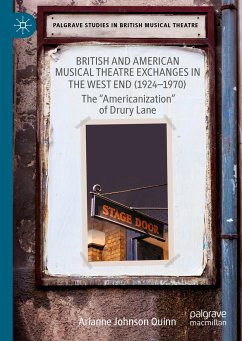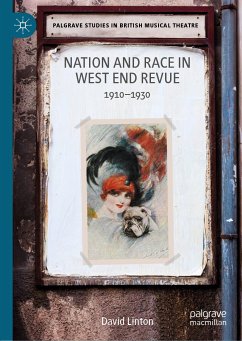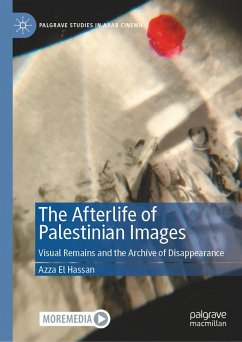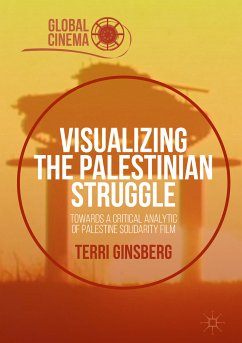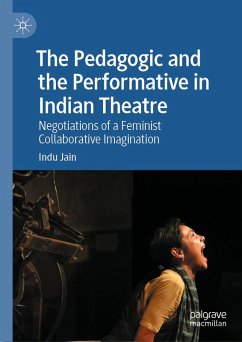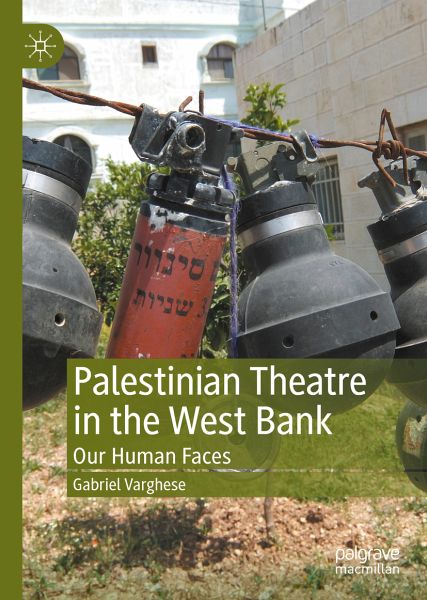
Palestinian Theatre in the West Bank (eBook, PDF)
Our Human Faces
Versandkostenfrei!
Sofort per Download lieferbar
64,95 €
inkl. MwSt.
Weitere Ausgaben:

PAYBACK Punkte
32 °P sammeln!
Since the 1990s, Palestinian theatrical activities in the West Bank have expanded exponentially. As well as local productions, Palestinian theatre-makers have presented their work to international audiences on a scale unprecedented in Palestinian history. This book explores the histories of the five major theatre companies currently working in the West Bank: Al-Kasaba Theatre, Ashtar Theatre, Al-Harah Theatre, The Freedom Theatre and Al-Rowwad. Taking the first intifada (1987-93) as his point of departure, and drawing on original fieldwork and interviews with Palestinian practitioners, Gabriel...
Since the 1990s, Palestinian theatrical activities in the West Bank have expanded exponentially. As well as local productions, Palestinian theatre-makers have presented their work to international audiences on a scale unprecedented in Palestinian history. This book explores the histories of the five major theatre companies currently working in the West Bank: Al-Kasaba Theatre, Ashtar Theatre, Al-Harah Theatre, The Freedom Theatre and Al-Rowwad. Taking the first intifada (1987-93) as his point of departure, and drawing on original fieldwork and interviews with Palestinian practitioners, Gabriel Varghese introduces the term 'abject counterpublics' to explore how theatre-makers contest Zionist discourse and Israeli state practices. By foregrounding Palestinian voices, and placing theories of abjection and counterpublic formation in conversation with each other, Varghese argues that theatre in the West Bank has been regulated by processes of colonial abjection and, yet, it is an important site for resisting Zionism's discourse of erasure and Israeli settler-colonialism and apartheid. Palestinian Theatre in the West Bank: Our Human Faces is the first major account of Palestinian theatre covering the last three decades.
Dieser Download kann aus rechtlichen Gründen nur mit Rechnungsadresse in A, B, BG, CY, CZ, D, DK, EW, E, FIN, F, GR, HR, H, IRL, I, LT, L, LR, M, NL, PL, P, R, S, SLO, SK ausgeliefert werden.



